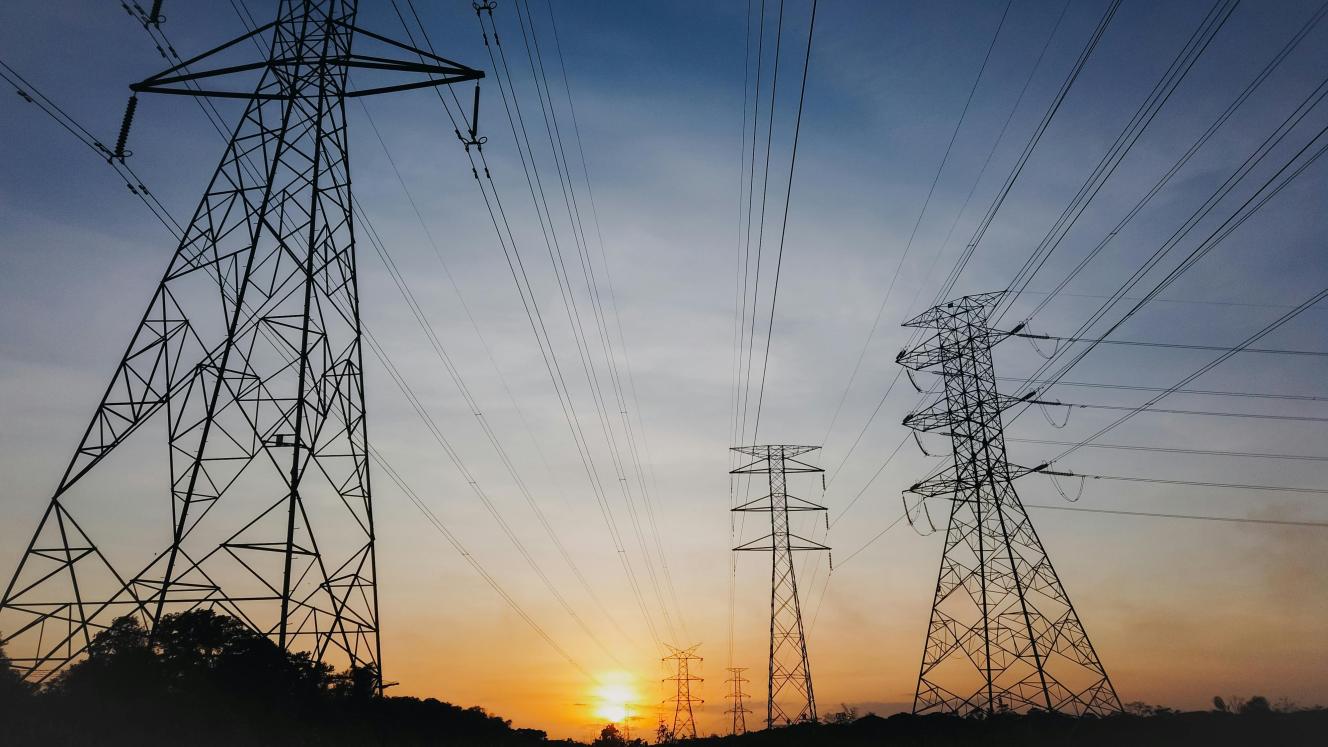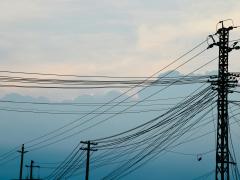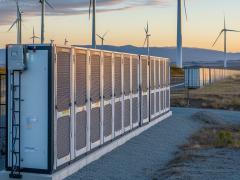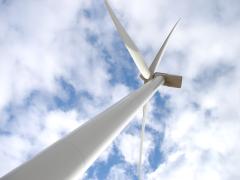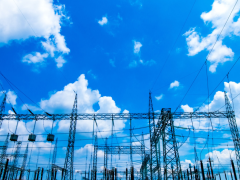Eskom will face significant legal hurdles in its court bid to overturn a decision by the National Energy Regulator of South Africa (NERSA) to issue electricity trading licences without trading rules in place, says Mzukisi Kota, Partner at Webber Wentzel.
Eskom recently announced that it is taking NERSA to court to review and set aside its approval of five electricity trading licences, arguing that they were issued without a proper regulatory framework. “It would only be unlawful if the rules were a necessary precondition for issuing licences,” Kota explains. The Electricity Regulation Act (ERA) gives NERSA discretionary power to make trading rules but does not require them before granting licences.
Kota says Eskom’s application argues it is not “sensible” or “reasonable” to issue licences without such rules and seeks to import the licensing framework for distribution into the trading sphere. This approach effectively calls on NERSA to shield Eskom’s trading activities from market competition – a position that may be difficult to justify in the current regulatory environment and could even conflict with competition law, he notes.
NERSA has granted multiple trading licences over the past 16 years, including several in the past three years, all without formal trading rules. Eskom has never previously challenged these, which Kota says may weaken its case.
Under South African administrative law, a decision is reasonable if it is rational and proportionate. For Eskom to succeed, it must prove that NERSA’s decision to grant the licences was irrational and that it did not logically support the purpose of NERSA’s authority without the rules in place. “That will be a difficult argument to win,” Kota comments.
Much of Eskom’s case also hinges on persuading the court that its unique circumstances justify collapsing the legal distinction between electricity trading and distribution. This would mean insisting on the same prerequisites for trading licences as for distribution licences.
A further hurdle is timing. NERSA’s decisions date back to October 2024 and the Promotion of Administrative Justice Act requires reviews within 180 days. “Eskom appears to be using the date of publication of the reasons for decisions to bring its review within the statutory time limits. I would expect the respondents to object,” says Kota. Only the NOA Trading licence is unlikely to face timing disputes.
Even if Eskom succeeds and the court rules that trading rules are necessary before licences are issued, Kota says it will not reverse the liberalisation of South Africa’s electricity market. “However, it would slow progress as NERSA would first have to create the rules – a process that could face further legal or administrative delays.”
ERA licence conditions already set out licensees’ obligations, meaning there is no policy vacuum, Kota adds. “If Eskom has an issue with the policy, it should challenge the law that came from it – not NERSA’s lawful exercise of its mandate. Policy to open the market has existed for decades.”

